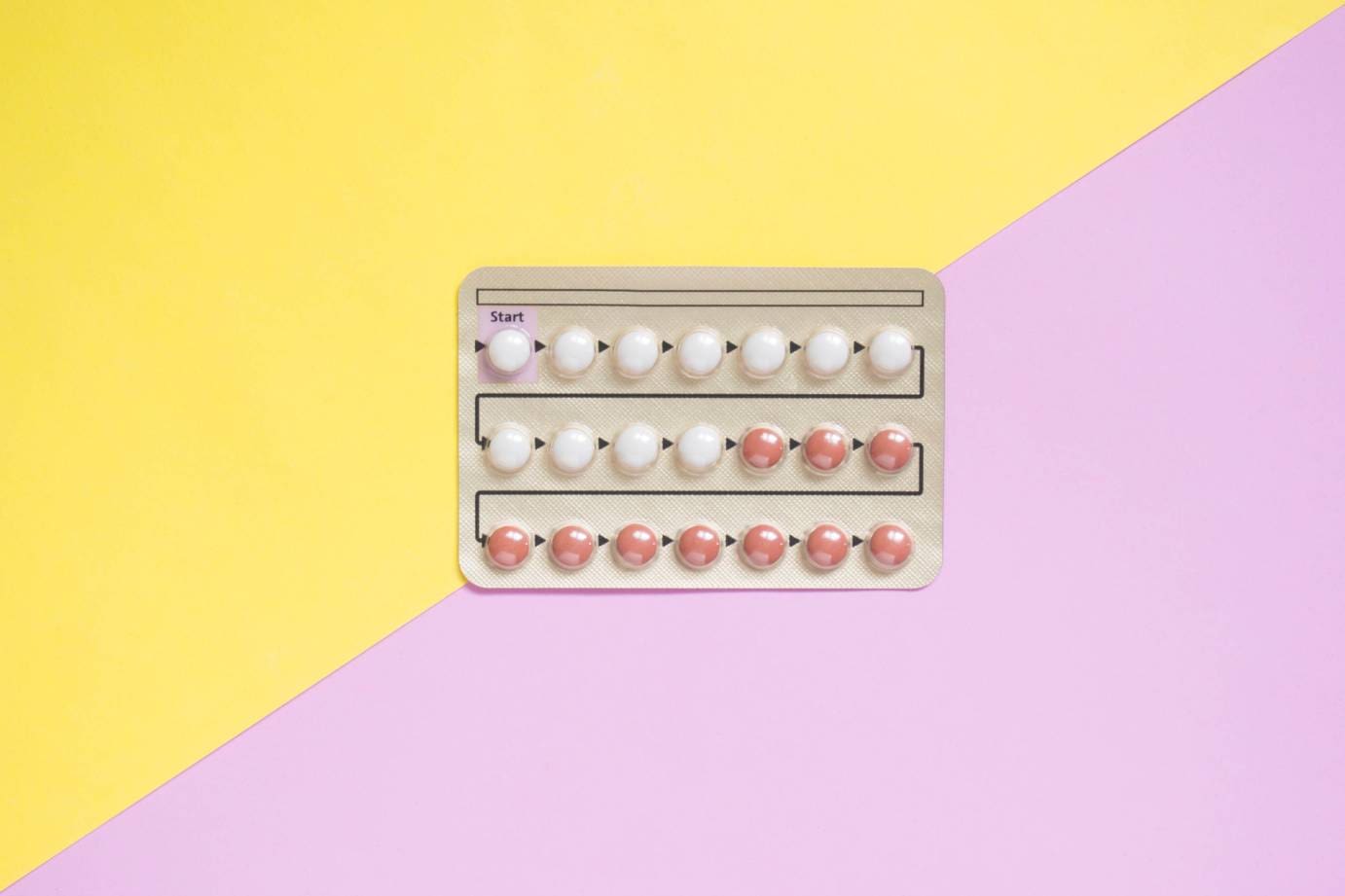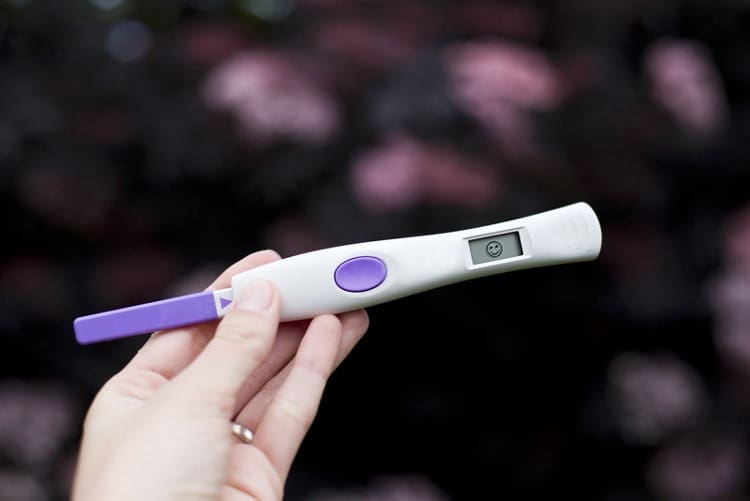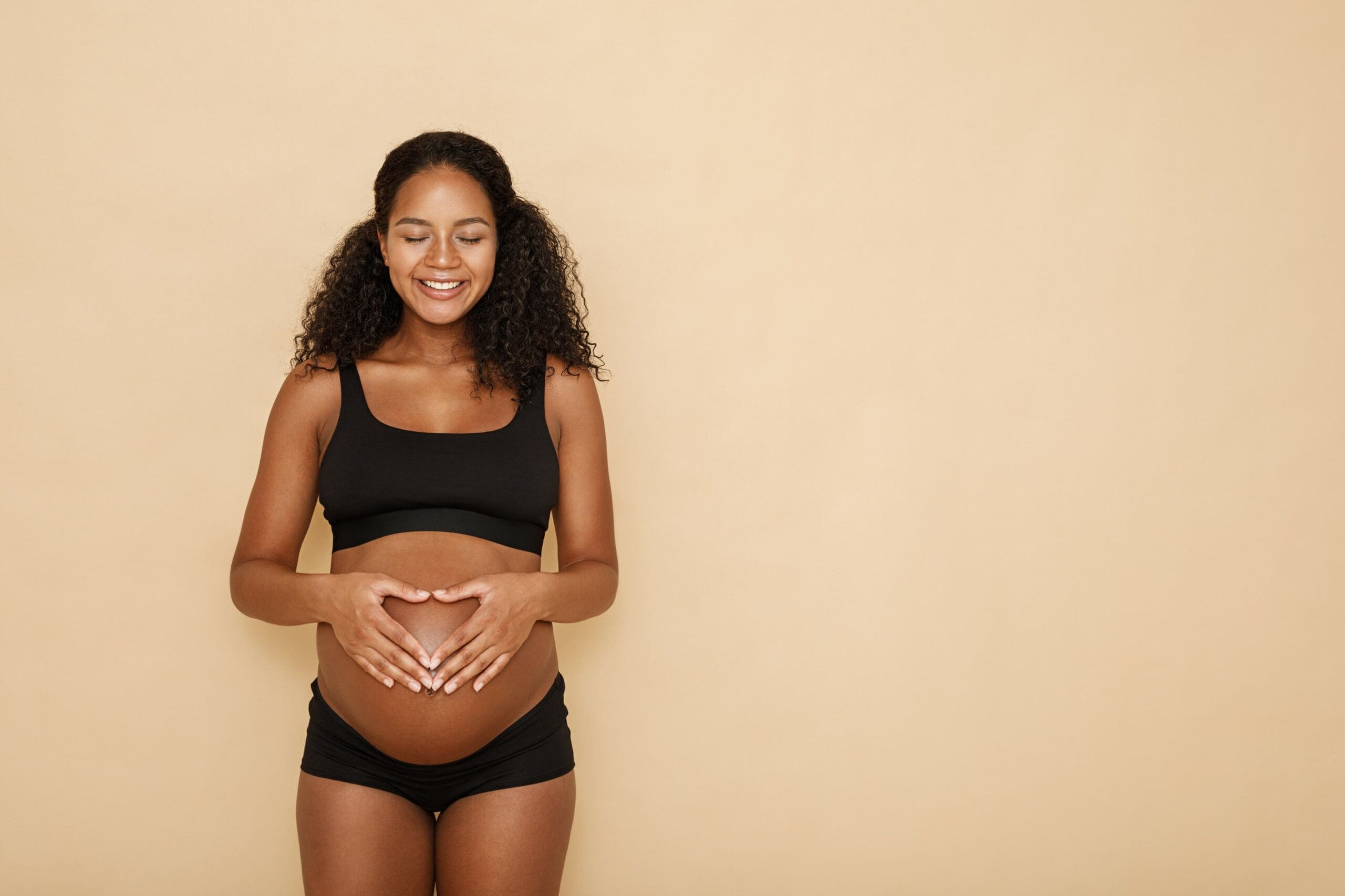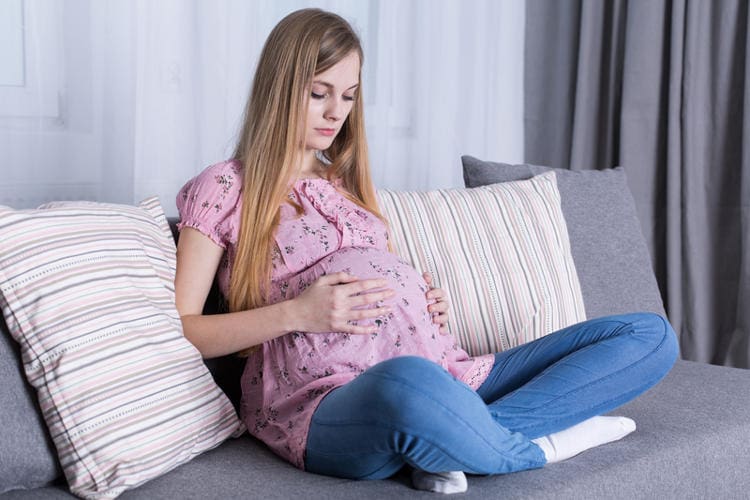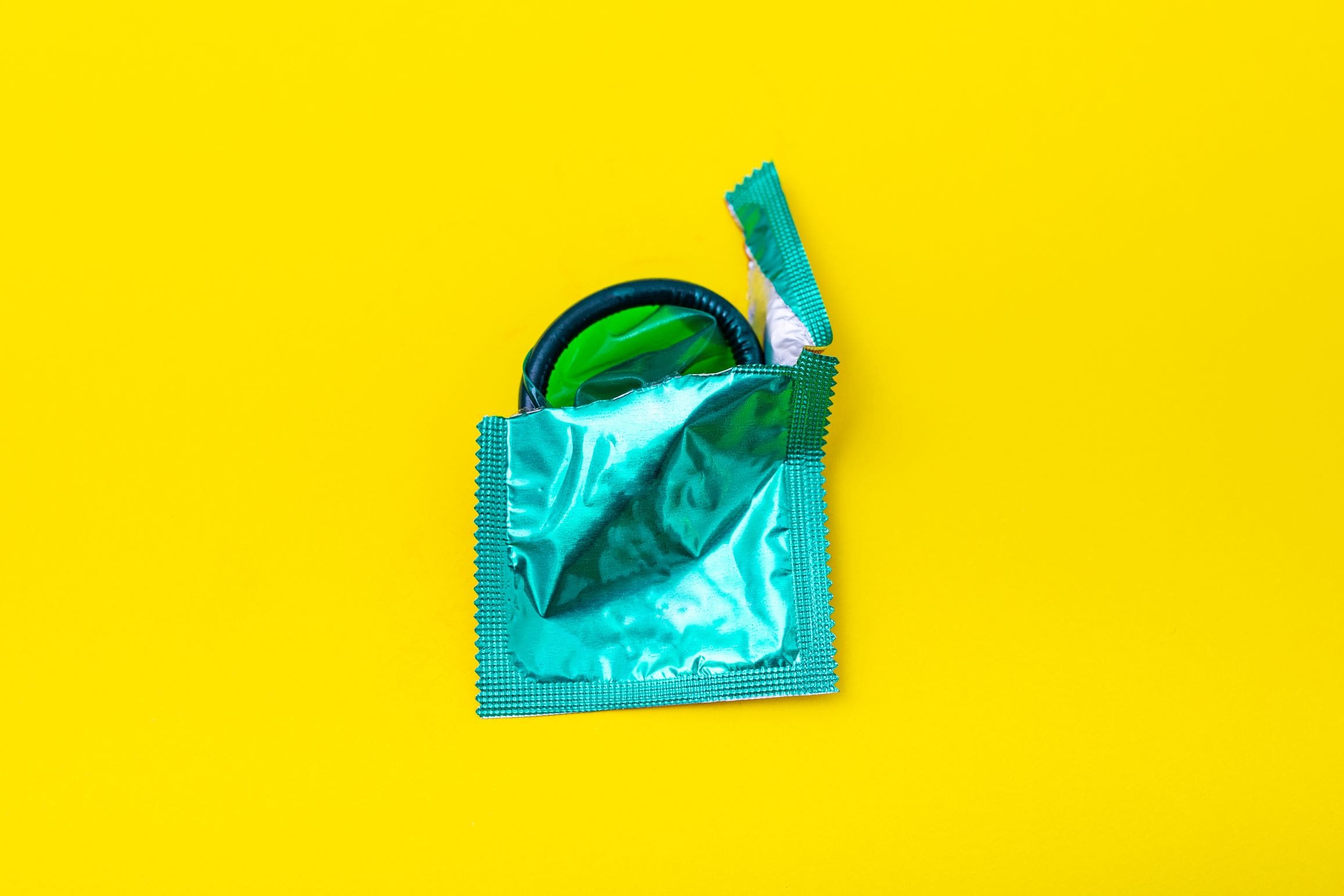The combined oral contraceptive pill (also known as 'the pill') is a form of hormonal contraception that when used properly is a very effective and safe way to prevent pregnancy.
child
Pregnancy planning
Whether you are thinking about having a baby for the first time or have been pregnant before, with a little planning you can give yourself the best chance of a healthy pregnancy and baby.
Ovulation testing
If you are trying to get pregnant, ovulation testing can help you work out when you are likely to ovulate and find your most fertile days. There are also natural ways of predicting the best time to conceive.
Getting pregnant
Getting pregnant is easy for some women, but for others it can be a difficult. Women are most fertile between 20 and 24 years of age, after which fertility declines.
Folic acid and your pregnancy
Folate is used within the body for cell regeneration and growth. Pregnant women need about one and half times as much as other adults.
Childbirth – pain relief options
There are many options for pain relief during labour and childbirth, including having an epidural. Find out what's available before you are due to give birth, and the pros and cons of each option.
Contraception: sterilisation implants (Essure)
Essure sterilisation implants are a type of permanent contraception for women. Find out how they work and their advantages and disadvantages.
Female infertility
There are several factors that can affect a woman’s fertility. Treatments are available for many of the causes of female infertility and assisted reproductive technology such as IVF can help some women get pregnant.
Ectopic pregnancy
Ectopic pregnancy is a pregnancy that implants outside the uterus (womb). Most ectopic pregnancies occur in one of the fallopian tubes. Ectopic pregnancy is a serious condition.
Condoms
Condoms can be used to prevent both pregnancy and the transmission of STIs, but should be used with appropriate lubricants to make them less likely to break. Only water-based lubricants should be used with latex condoms.

